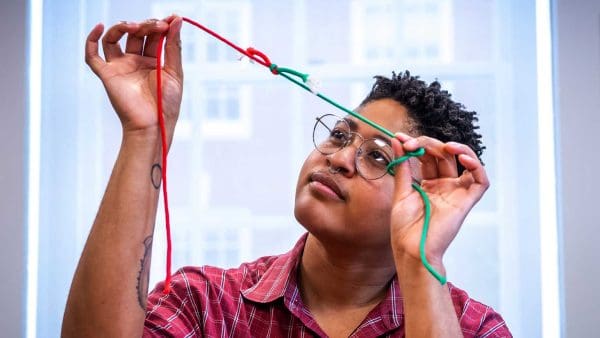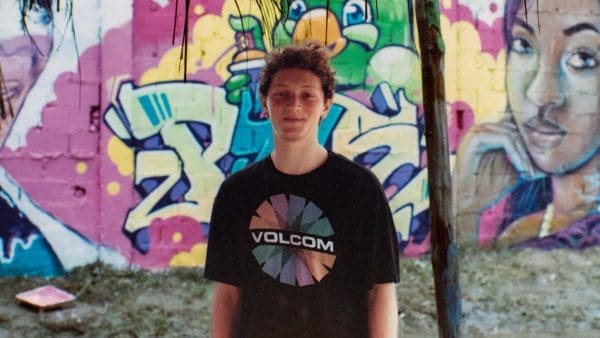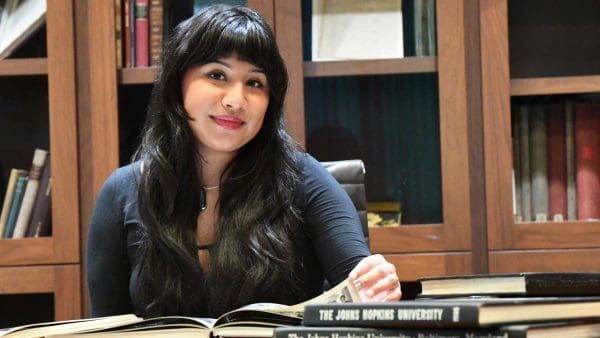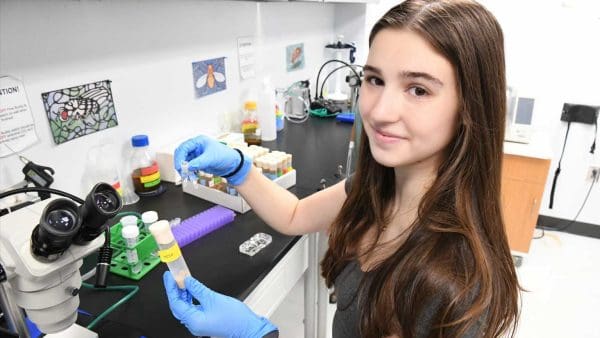Sometimes a single class lights a path forward for academic and professional pursuits. For Ava Levine, this class was Introduction to Police and Prisons, taught in fall 2020 by Stuart Schrader, associate research professor in the Department of Sociology.
Levine had come to college with a broad interest in social justice issues and Schrader’s course opened her eyes to mass incarceration—the perpetuation of economic and racial injustice through the disproportionate imprisonment of racial minorities. A particular topic in the class that galvanized Levine was how women are impacted by being incarcerated—not only as incarcerated people and previously incarcerated people, but also as mothers, caregivers, and partners.
“My interest really started to intensify at the intersection of mass incarceration and gender,” says Levine, a senior majoring in international studies and economics. “This is a topic that doesn’t get the attention it warrants.”
Focusing on Women
Following through on this interest, Levine successfully applied for a grant from the Gender and Racial Justice Scholars Awards program at Johns Hopkins. Her research proposal—developed with Schrader’s assistance—centered on assessing the life experiences of women after incarceration in Maryland.
Initially as part of her research, Levine also began volunteering with the Maryland Justice Project (MJP). A nonprofit advocacy organization founded in 2013 by Monica Cooper, a formerly incarcerated woman, MJP helps build support for legislation to aid those previously incarcerated. One such effort is “Ban the Box,” passed first in Baltimore and then across Maryland, limiting when employers and housing providers can ask applicants about past criminal records.
Research to Internship
Inspired by the group’s work, Levine joined as an intern in April 2021. She has since helped MJP advocate for two new pieces of legislation. One has called for judges to consider alternatives to incarceration for women who are primary caretakers for children and elderly parents, while the other enables women who give birth while incarcerated to temporarily stay with their infants at special correctional facilities.
Through MJP connections, Levine met with six formerly incarcerated women. These study participants described their challenges reentering society, including finding jobs and reconnecting with family members. “The women I spoke with shared so much,” says Levine, “and by working for MJP, I have tried to give back to them and their communities.”
After graduation, Levine plans to take a gap year before applying to law school. She intends to be an ally to women, especially women of color, in righting the wrongs of mass incarceration.
“Professor Schrader is the best professor I have ever had, and Monica is the most passionate advocate I have ever met,” says Levine. “These individuals have inspired me to make a positive difference.”




